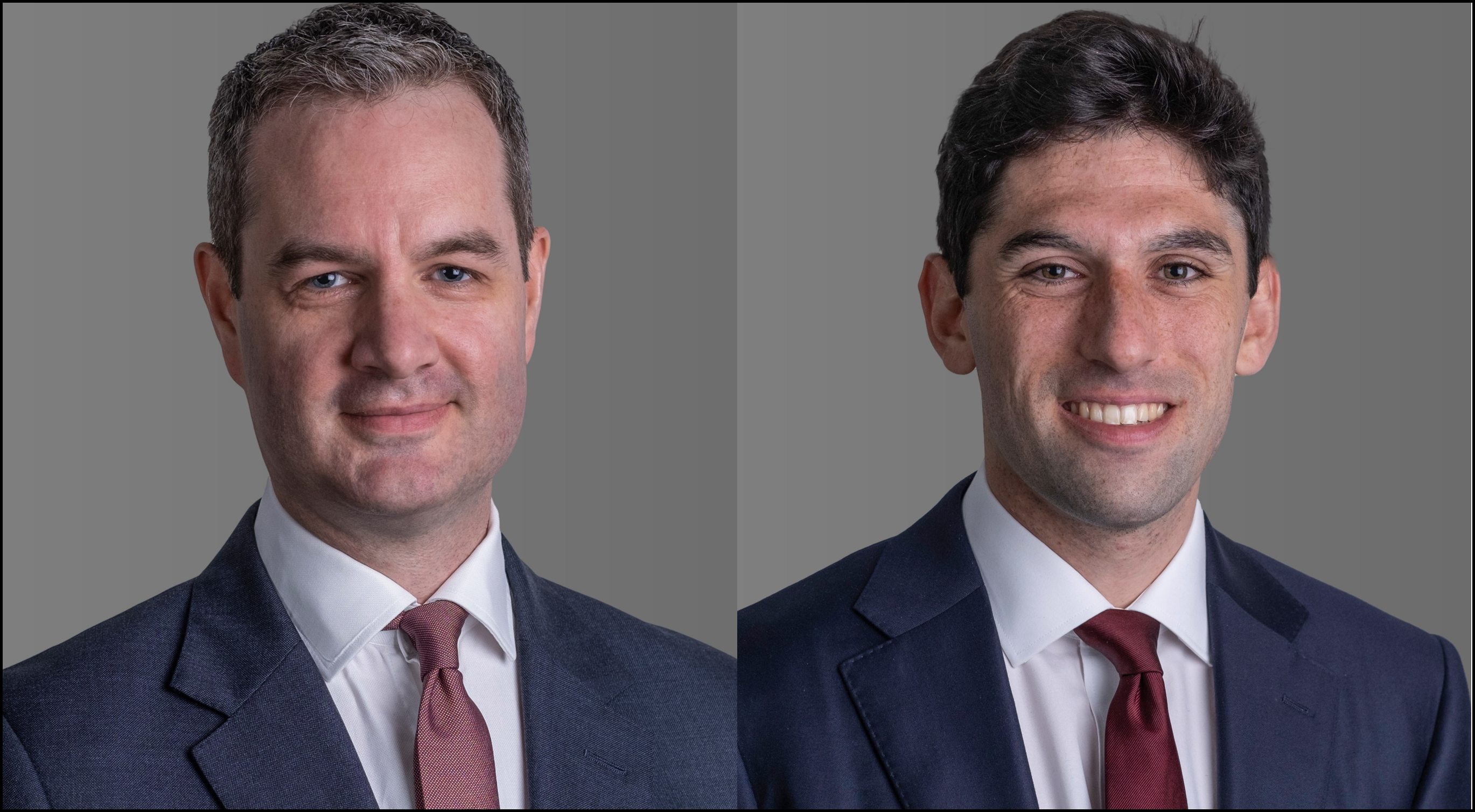
On 21 February 2024, Mr Justice Calver in the Commercial Court handed down judgment in HRH Princess Deema Bint Sultan Bin Abdulaziz Al Saud v Ronald Gibbs [2024] EWHC 356 (Comm). The case was widely reported in the national press and related to the failure of the Defendant, Mr Gibbs, a former partner at a City law firm, to return to the Claimant, a Saudi Princess, US$25 million that had been transferred to him to invest on the Claimant’s behalf. Simon Atrill KC and Samuel Rabinowitz, instructed by Khaled Khatoun and Alex Gerbi of Quinn Emanuel, acted for the successful Claimant.
The US$25 million had been transferred to Mr Gibbs in 2011. After years of asking for her money back to no avail, the Claimant entered into a settlement agreement with Mr Gibbs on 18 April 2018. That agreement required Mr Gibbs to, upon instruction by the Claimant, liquidate the assets that by that point represented the Claimant’s US$25 million investment, and transfer the proceeds to the Claimant. The assets in question were identified and valued in the settlement agreement.
Mr Gibbs, however, did not transfer any money to the Claimant pursuant to the settlement agreement. Instead, Mr Justice Calver held, in conduct the Court found to be “reprehensible” and on multiple occasions dishonest, Mr Gibbs did “everything he possibly could to avoid returning these funds” to the Claimant. Meanwhile Mr Gibbs continued to deal with his substantial assets and to spend and transfer money in a manner that the Court found, in a separate judgment of 7 February 2024, to be in breach of the Worldwide Freezing Order imposed on him. This included disposing of real estate and company shares, and operating a secret bank account while pretending he had no access to funds.
In the judgment upon the trial of the matter, the Court made various findings as to the proper construction of the settlement agreement. In doing so, Calver J also found that Mr Gibbs was estopped by his agreement from denying that he in fact held the assets claimed, or asserting that the Claimant had no interest in them. Finally, the Court held that if the money had been paid to the Claimant as it should have been, it would have been invested in such a way as to generate a compounding return of 9% per annum, in light of the performance of the Claimant’s investment portfolio.
The total sum in damages, confirmed by the Court in a consequential Order of 29 February 2024, was US$39,690,732.81.
The full judgment can be found here.




